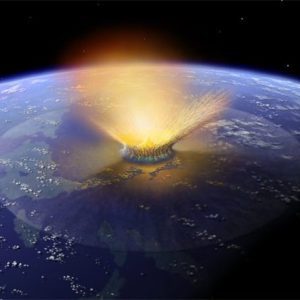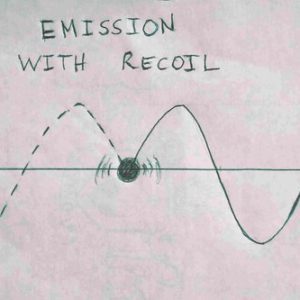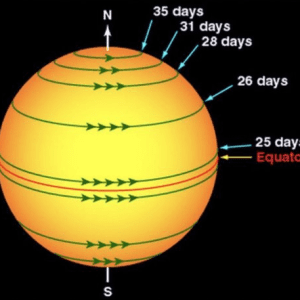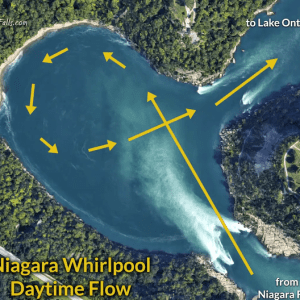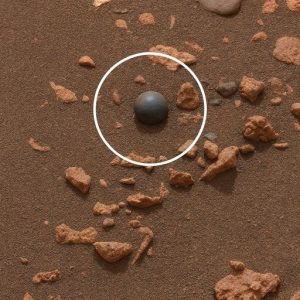
For starters, Pangaea isn’t even the earliest supercontinent, only the most recent. Before Pangaea, was Pannotia. Before Pannotia, was Rodinia. Before Rodinia, was Columbia. And before Columbia, was the earliest supercontinent scientists have evidence for, which was Kenorland.
To answer your question, yes. The supercontinent cycle will continue. Our earth is in a constant state of flux, shifting at a rate of 1.5 centimeters annually.
As of right now, North and South America are moving west, and the Atlantic Ocean is expanding. Africa is moving north, and will eventually collide with Europe. Australia is also moving north, and will eventually collide with the Indonesian archipelago.
There are many hypotheses for what the world might look like millions, and millions.. and millions, of years from now, but nobody can say for certain. Scientists have proposed Pangaea Ultima, Amasia, and Novopangaea.
Sometimes the earth likes to feel cute, sometimes the earth deletes later. One thing is for certain, our earth is constantly changing.

